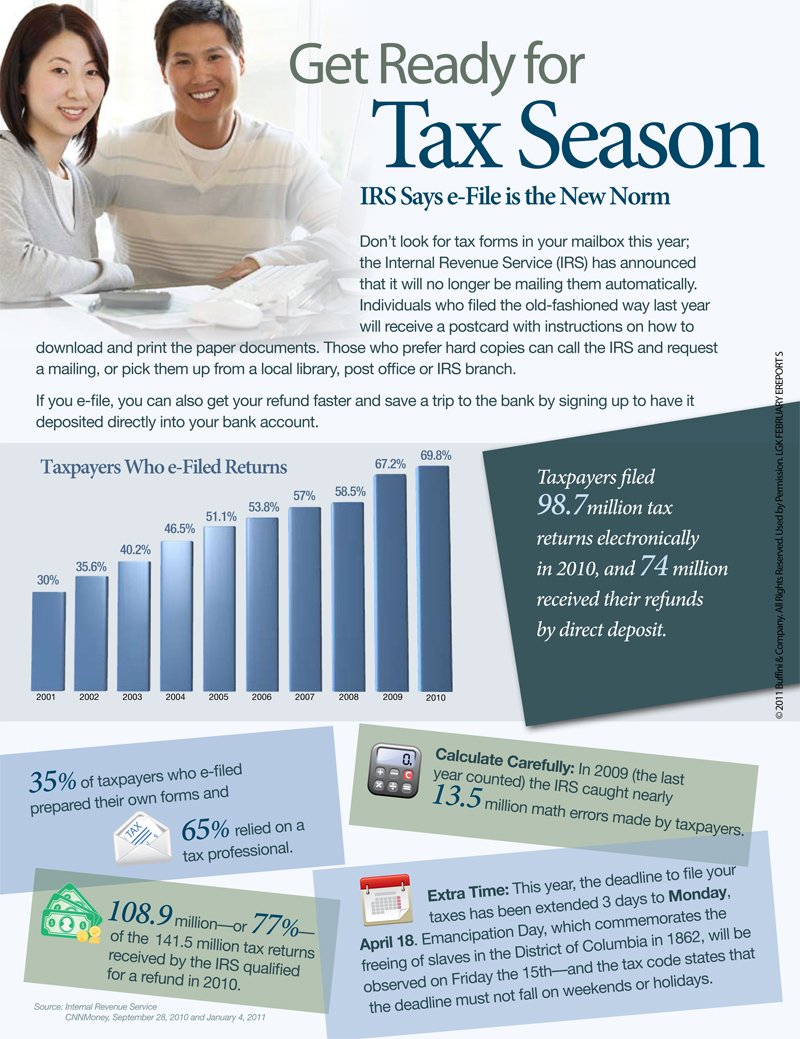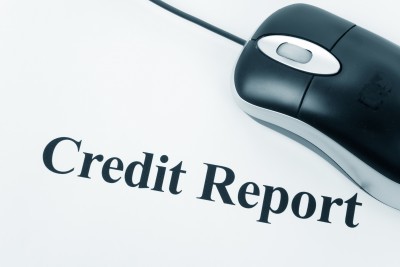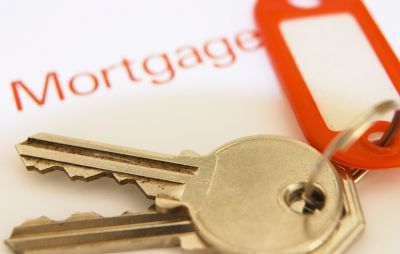Getting A Mortgage For Your Chester County Real Estate? Here's How
Although the housing market has been unpredictable in recent months, the existence of a seller’s market and the availability of low interest rates are providing incentives for potential buyers. Obtaining a mortgage, especially one which is attractive to you, is not as easy as it was a few years ago. As a result of the extreme increase in the number of foreclosures, banks have raised their lending standards for all borrowers, and there is little reason to believe that  these stringent requirements will lessen anytime soon. This tight credit situation affects would-be buyers of Chester County real estate in numerous ways, among them down payments, credit scores, documentation, debt-to-income ratio, and appraisals.
these stringent requirements will lessen anytime soon. This tight credit situation affects would-be buyers of Chester County real estate in numerous ways, among them down payments, credit scores, documentation, debt-to-income ratio, and appraisals.
1. Down payments: Requirements will be higher. Generally speaking, to get the best interest rate you need to put down at least 20% of the purchase price of the Chester County real estate. FHA loans are available for a down payment of only 3% to 5% but these loans will include additional costs for insurance and a slightly higher interest rate.
2. Credit scores: You will most likely need a score of 730 for the best rates, whereas the average score for an FHA borrower is about 690. Financial advisors strong urge you to obtain a copy of your credit report six months before loan shopping (you are entitled to one free report from each of the three bureaus annually at www.annualcreditreport.com) and examine it carefully to detect any errors/misinformation.
3. Documentation: Be prepared! Lenders will ask for a great deal of documentation regarding your salary, savings, job stability, debts, and the like. You will need to provide pay stubs for the past 30 days; W-2 forms for the past two years; bank, retirement, and investment account statements; and a listing of debts and monthly expenses. Monthly housing expenses should not exceed 28% of your gross monthly income, and total debt should be less than 37% of that amount. If you are self-employed, you will also have to submit two years of tax returns and possibly a profit-loss statement.
4. Appraisals: Gone are the days of a sure-thing, easy appraisal. Lenders today want a thorough inspection of both the interior and exterior or your Chester County real estate, and the less money put down, the more extensive the scrutiny of the home’s market value. It is wise to include an appraisal contingency in your offer so that your earnest money deposit will be returned to you if the appraisal fails to meet the negotiated price.
How can you find the best rates? Check out available interest rates daily and discloses the best “par rate.” In addition, if you provide contact information, the site will forward that information to the local lender offering the best rate.
If you are considering refinancing your Chester County real estate, take advantage of this calculator to help determine if this is a good financial move for you.
You should also avail yourself of the consumer-friendly good faith estimates (GFE) that lenders are required to give you and with which you can compare offerings. (Search online for “HUD + good faith estimate” for an example.) This form clarifies the type, rate, and features of the loan for which you’re applying. These rates are guaranteed, and if the charges are underestimated, the lender, not you, if responsible for the difference.

 buyers to consult a qualified tax professional to make sure they are fulfilling all obligations of their purchase and subsequent credit.
buyers to consult a qualified tax professional to make sure they are fulfilling all obligations of their purchase and subsequent credit.

 PRIMARY RESIDENCES
PRIMARY RESIDENCES What If there Are Errors
What If there Are Errors Because of the economic downfall and the increased number of foreclosures, the FHA, in an effort to strengthen its capital reserves, as made significant changes to its policies, effective this summer. Basically, the changes involve insurance premiums, FICO scores (credit rating), seller concessions, and increased enforcement of lenders.
Because of the economic downfall and the increased number of foreclosures, the FHA, in an effort to strengthen its capital reserves, as made significant changes to its policies, effective this summer. Basically, the changes involve insurance premiums, FICO scores (credit rating), seller concessions, and increased enforcement of lenders.



